5 Ways to Empower the Youth Against Drug Abuse
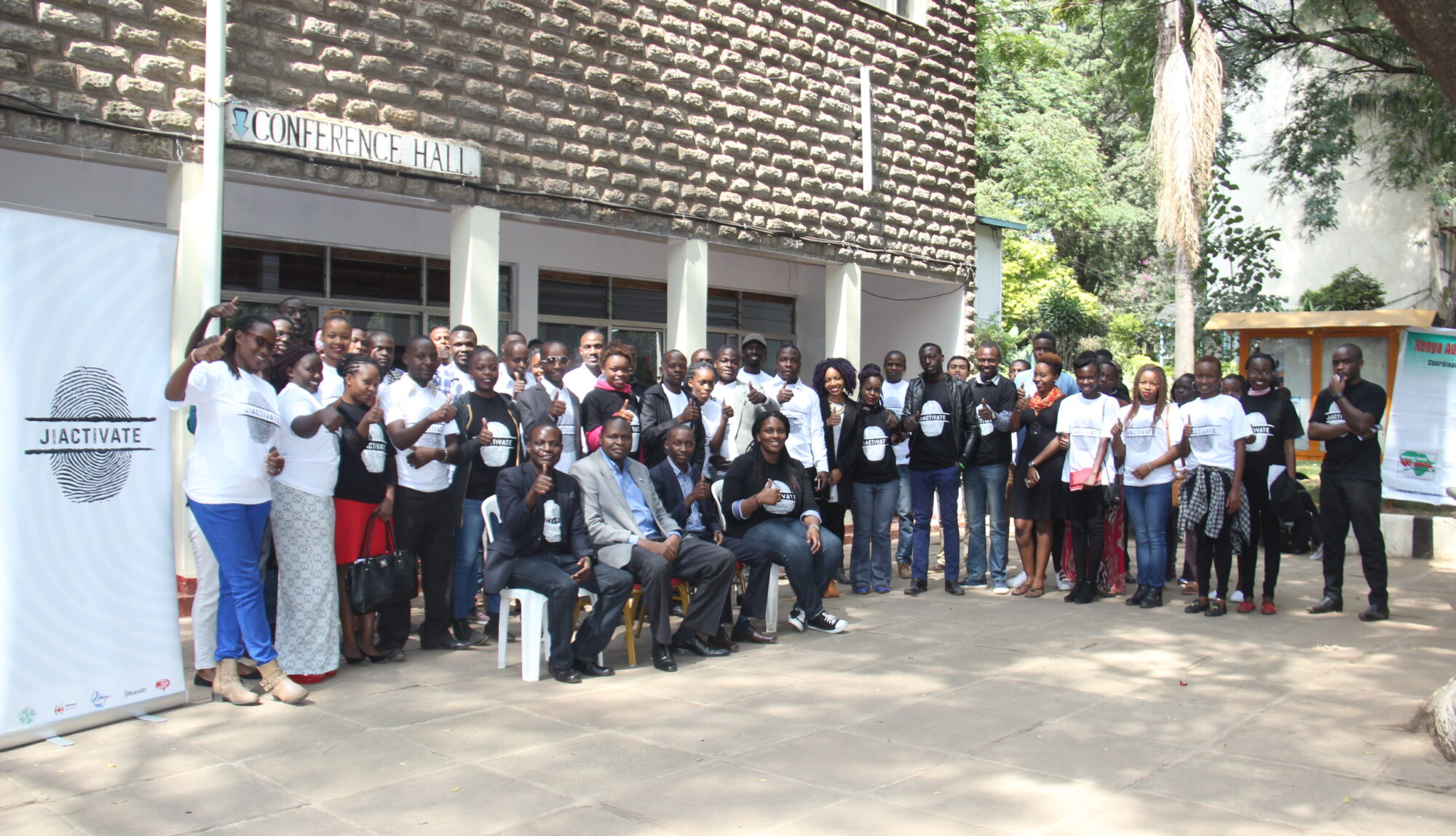
In the shadows of society, a perilous menace silently thrives, gripping the lives of individuals, families, and entire communities.
This menace is drug abuse, a destructive force that rips apart dreams, erodes health, and corrodes the very fabric of society. But what lies beneath the surface of this seemingly invisible enemy? What fuels its relentless spread, leaving countless lives in ruins?
Drug abuse, simply put, is the harmful and excessive consumption of substances that alter the mind and body.
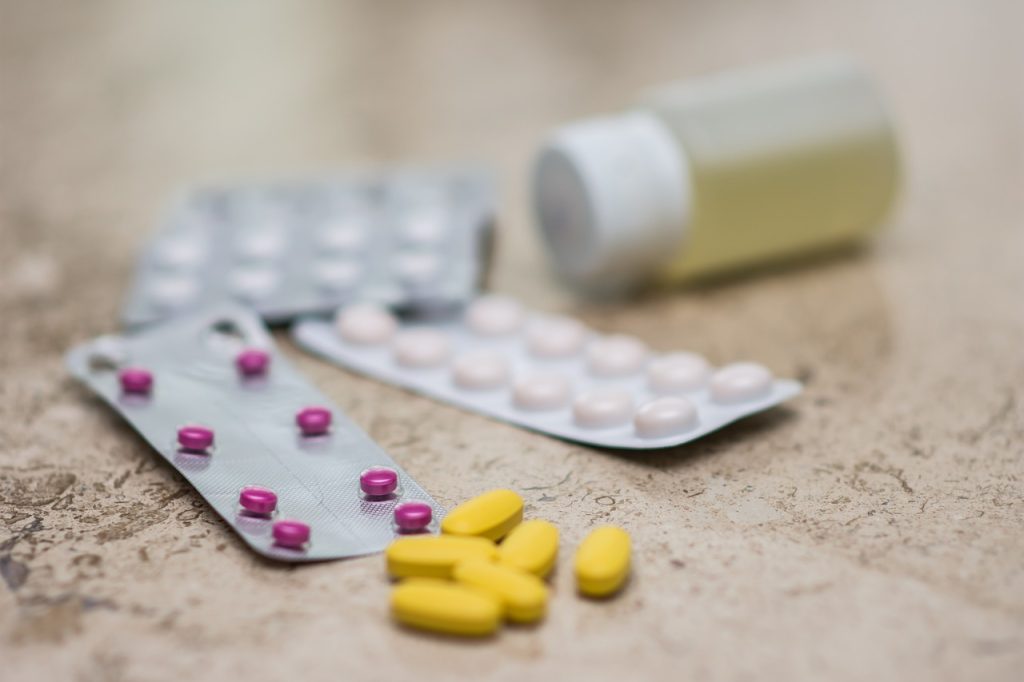

These substances, both legal and illegal, possess the power to induce euphoria, numb pain, or offer temporary escape from the burdens of reality.
However, when abused, they unleash a sinister cycle of addiction, leading individuals down a treacherous path where their lives become tangled in the web of illicit trafficking.
The detrimental impact of drug abuse and illicit trafficking on young individuals cannot be underestimated, making it crucial to prioritize their mental health and overall well-being.
Empowering Youth for a Drug-Free Future
Youth development plays a pivotal role in shaping the future of societies worldwide. However, the rise in drug abuse and illicit trafficking has emerged as a major setback, impeding the growth and potential of young individuals.
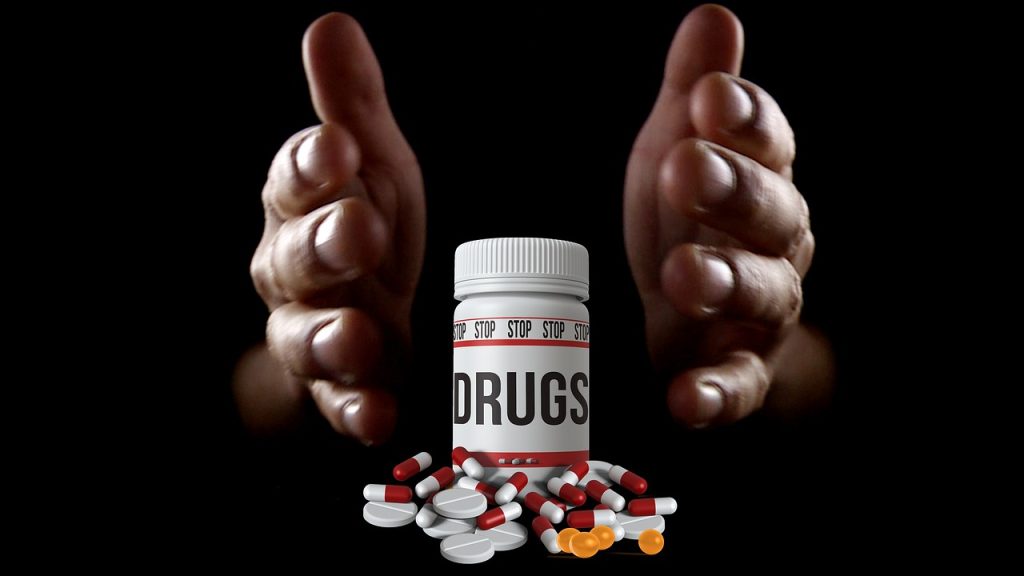


Addressing this issue requires a multifaceted approach, focusing on prevention, education, and support systems.
Prevention through Education
Education remains a cornerstone in the fight against drug abuse and illicit trafficking. Empowering young people with knowledge about the risks and consequences associated with substance abuse equips them to make informed decisions.
Schools and educational institutions should integrate comprehensive drug education programs that emphasize the physical, psychological, and social ramifications of drug abuse.
Creating Support Systems
Building robust support systems is essential to ensuring that young individuals facing drug-related challenges receive the help they need.
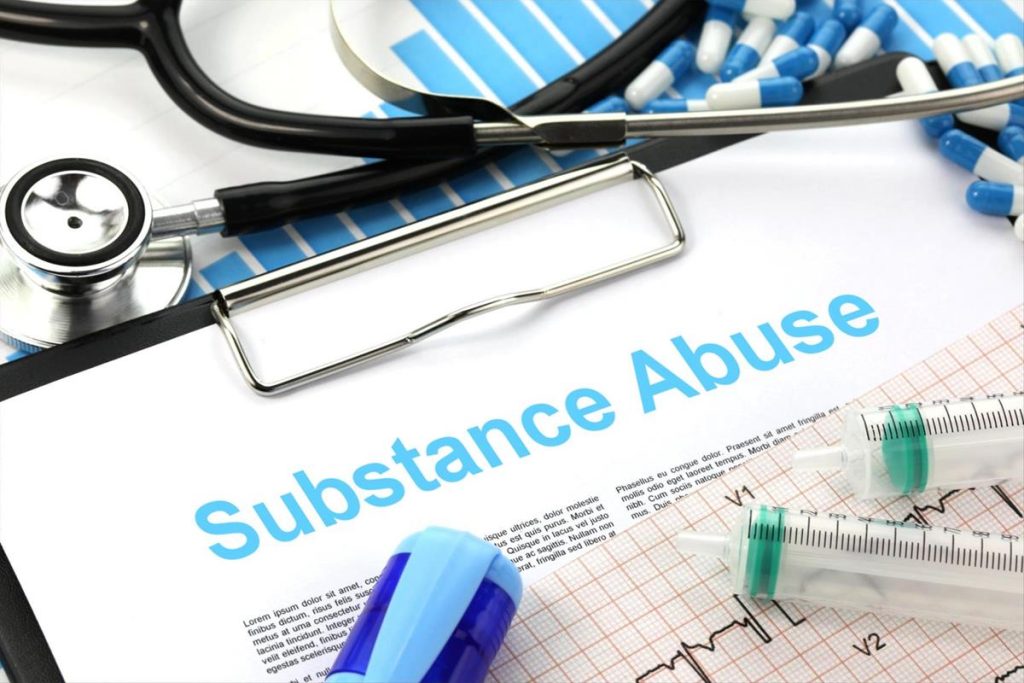


Governments, NGOs, and communities must collaborate to establish accessible and confidential helplines,counseling services, and rehabilitation programs.
By creating a safe space for open dialogue and support, we can encourage young people to seek assistance and embark on a journey of recovery.
Promoting Mental Health
Mental health is a vital aspect of youth development, and addressing it is crucial in combating drug abuse and illicit trafficking. Investing in mental health services, raising awareness about mental well-being, and reducing stigma are essential steps.
By fostering resilience, coping mechanisms, and emotional intelligence, we empower young individuals to navigate the complexities of life without resorting to substances.
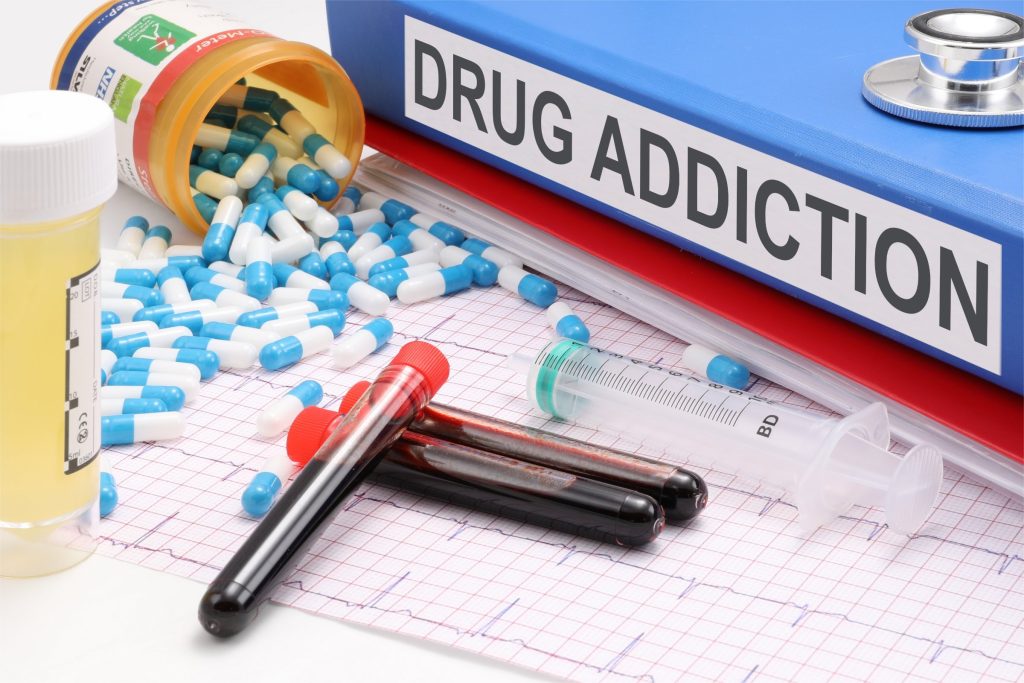


Engaging Youth as Agents of Change
Young people possess immense potential to drive change in their communities. Engaging them in anti-drug campaigns, peer support networks, and advocacy initiatives allows them to become active participants in the fight against drug abuse and illicit trafficking.
By amplifying their voices and providing platforms for expression, we can harness their energy, creativity, and passion to make a lasting impact.